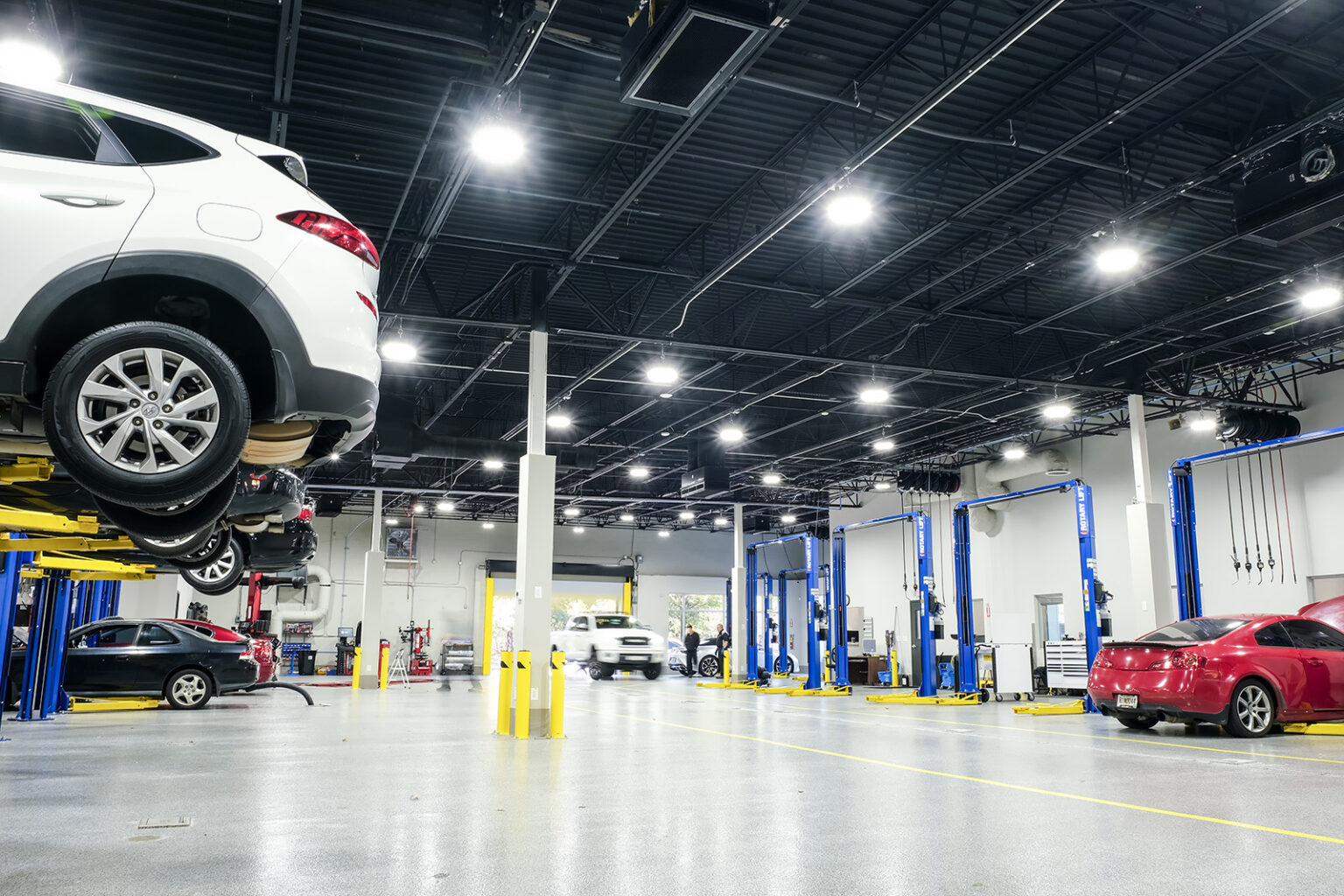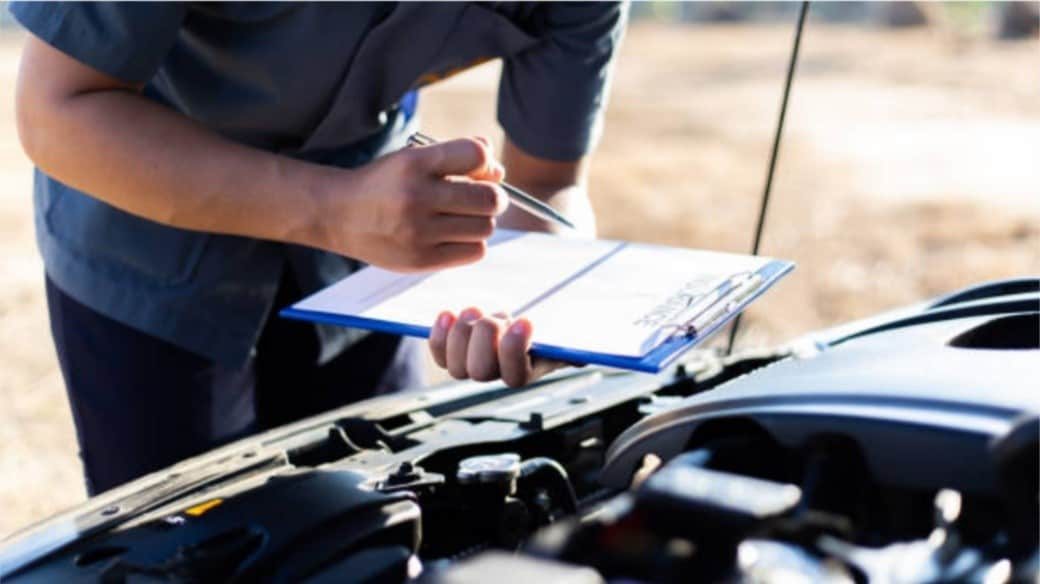All Categories
Featured
A cars and truck overheating can be a difficult circumstance, especially if it takes place all of a sudden. High engine temperatures can lead to severe damage otherwise resolved without delay. Understanding what to do when your automobile overheats and recognizing just how to avoid it can conserve you from costly repair work and guarantee your security on the roadway.
![]()
What to Do If Your Cars and truck Gets too hot. Draw Over Securely. As quickly as you observe indicators of overheating-- such as steam climbing from the hood, a spiking temperature gauge, or cautioning lights-- draw over to a safe area. Turn off the engine quickly to prevent additional damages.
Transform Off the air conditioning and Switch On the Heater. Turn off the air conditioning to reduce engine lots and switch on the heating unit if you're unable to draw over right away. This redirects warmth away from the engine and into the cabin, which can help decrease the engine temperature level temporarily.
Open the Hood (with Caution) Wait for the engine to cool down prior to opening up the hood. Opening it too quickly can subject you to hot vapor or hot fluids. Once it's safe, check the engine for obvious indications of trouble, such as leaking coolant or a broken radiator tube.
Inspect the Coolant Levels. Include it to the storage tank or radiator as soon as the engine has actually cooled down if you have coolant or water in your automobile. Prevent adding chilly water to a hot radiator, as it can create fracturing.
![]()
Require Aid. Contact a tow truck or roadside help if you're unable to diagnose or deal with the problem. Driving with an overheated engine can bring about considerable damages, such as a blown head gasket or warped engine parts.
How to avoid Your Vehicle from Getting too hot. Examine Coolant Degrees Frequently. Ensure your automobile constantly has the appropriate quantity of coolant. Low coolant levels are among the most usual root causes of getting too hot. If required., regularly examine the coolant reservoir and top it off.
Check Radiator and Pipes. Seek splits, leaks, or loose connections in the radiator and hoses. Replace any damaged components quickly to stop coolant leaks.
Maintain Your Air Conditioning System. Flush and re-fill the air conditioning system as advised in your lorry's owner guidebook. With time, old coolant can shed its performance and fail to safeguard the engine from overheating.
Display the Thermostat and Water Pump. A malfunctioning thermostat or water pump can disrupt the cooling system's feature. Have these components inspected throughout regular upkeep to capture issues early.
Prevent Straining Your Lorry. Too much weight puts extra stress on the engine and cooling system. Keep your lots within the producer's suggested limits.
View the Temperature Level Scale. Take notice of your temperature level gauge, specifically during heat or when driving up steep inclines. If the scale starts to climb, take safety measures such as lowering speed or turning off the air conditioner.
Final thought. Performing promptly and securely can stop more damages to your engine. With appropriate care, you can maintain your engine running efficiently and avoid the hassle of an overheated automobile.

What to Do If Your Cars and truck Gets too hot. Draw Over Securely. As quickly as you observe indicators of overheating-- such as steam climbing from the hood, a spiking temperature gauge, or cautioning lights-- draw over to a safe area. Turn off the engine quickly to prevent additional damages.
Transform Off the air conditioning and Switch On the Heater. Turn off the air conditioning to reduce engine lots and switch on the heating unit if you're unable to draw over right away. This redirects warmth away from the engine and into the cabin, which can help decrease the engine temperature level temporarily.
Open the Hood (with Caution) Wait for the engine to cool down prior to opening up the hood. Opening it too quickly can subject you to hot vapor or hot fluids. Once it's safe, check the engine for obvious indications of trouble, such as leaking coolant or a broken radiator tube.
Inspect the Coolant Levels. Include it to the storage tank or radiator as soon as the engine has actually cooled down if you have coolant or water in your automobile. Prevent adding chilly water to a hot radiator, as it can create fracturing.

Require Aid. Contact a tow truck or roadside help if you're unable to diagnose or deal with the problem. Driving with an overheated engine can bring about considerable damages, such as a blown head gasket or warped engine parts.
How to avoid Your Vehicle from Getting too hot. Examine Coolant Degrees Frequently. Ensure your automobile constantly has the appropriate quantity of coolant. Low coolant levels are among the most usual root causes of getting too hot. If required., regularly examine the coolant reservoir and top it off.
Check Radiator and Pipes. Seek splits, leaks, or loose connections in the radiator and hoses. Replace any damaged components quickly to stop coolant leaks.
Maintain Your Air Conditioning System. Flush and re-fill the air conditioning system as advised in your lorry's owner guidebook. With time, old coolant can shed its performance and fail to safeguard the engine from overheating.
Display the Thermostat and Water Pump. A malfunctioning thermostat or water pump can disrupt the cooling system's feature. Have these components inspected throughout regular upkeep to capture issues early.
Prevent Straining Your Lorry. Too much weight puts extra stress on the engine and cooling system. Keep your lots within the producer's suggested limits.
View the Temperature Level Scale. Take notice of your temperature level gauge, specifically during heat or when driving up steep inclines. If the scale starts to climb, take safety measures such as lowering speed or turning off the air conditioner.
Final thought. Performing promptly and securely can stop more damages to your engine. With appropriate care, you can maintain your engine running efficiently and avoid the hassle of an overheated automobile.
Latest Posts
Trustworthy Commercial Roof Covering Solutions by Weathercraft
Published May 26, 25
1 min read
Uncover Best Vehicle Maintenance Solutions from Montclare Auto Repair – Quality Service Today
Published May 25, 25
1 min read
Trusted Expenses Door Solutions for Houses and Businesses
Published May 24, 25
1 min read
More
Latest Posts
Trustworthy Commercial Roof Covering Solutions by Weathercraft
Published May 26, 25
1 min read
Uncover Best Vehicle Maintenance Solutions from Montclare Auto Repair – Quality Service Today
Published May 25, 25
1 min read
Trusted Expenses Door Solutions for Houses and Businesses
Published May 24, 25
1 min read